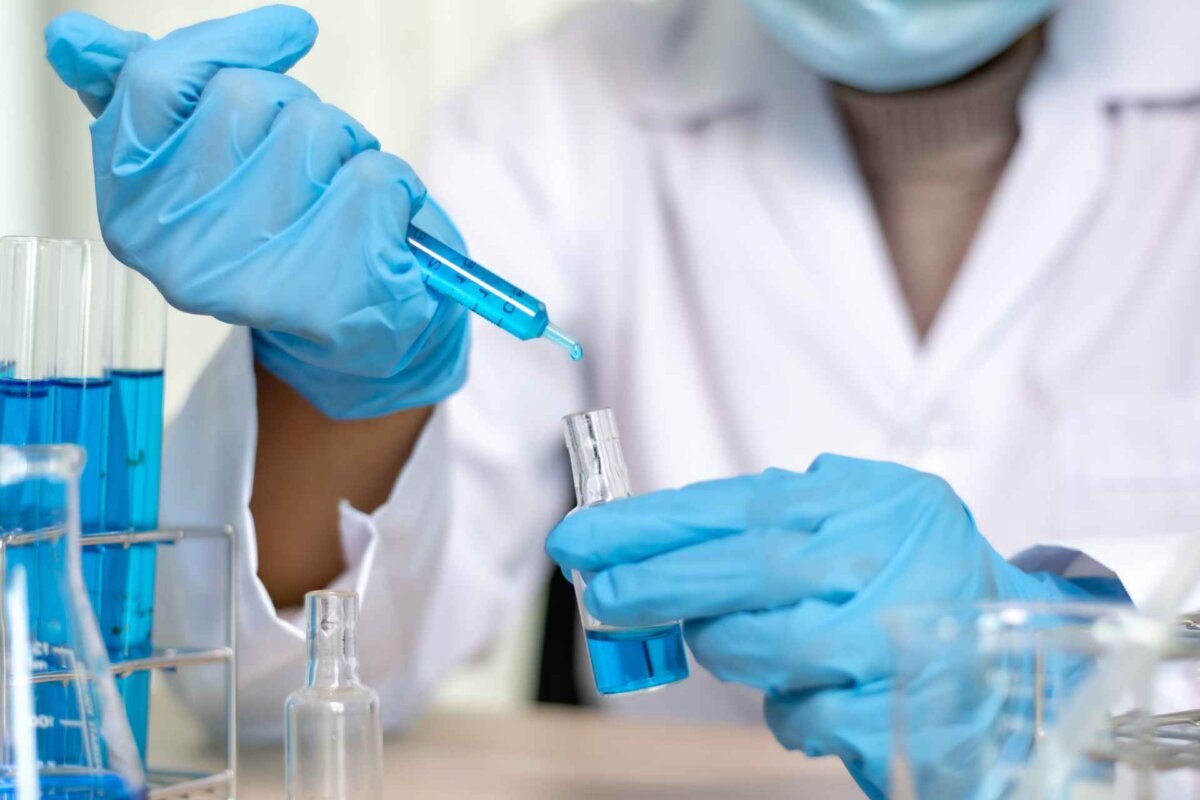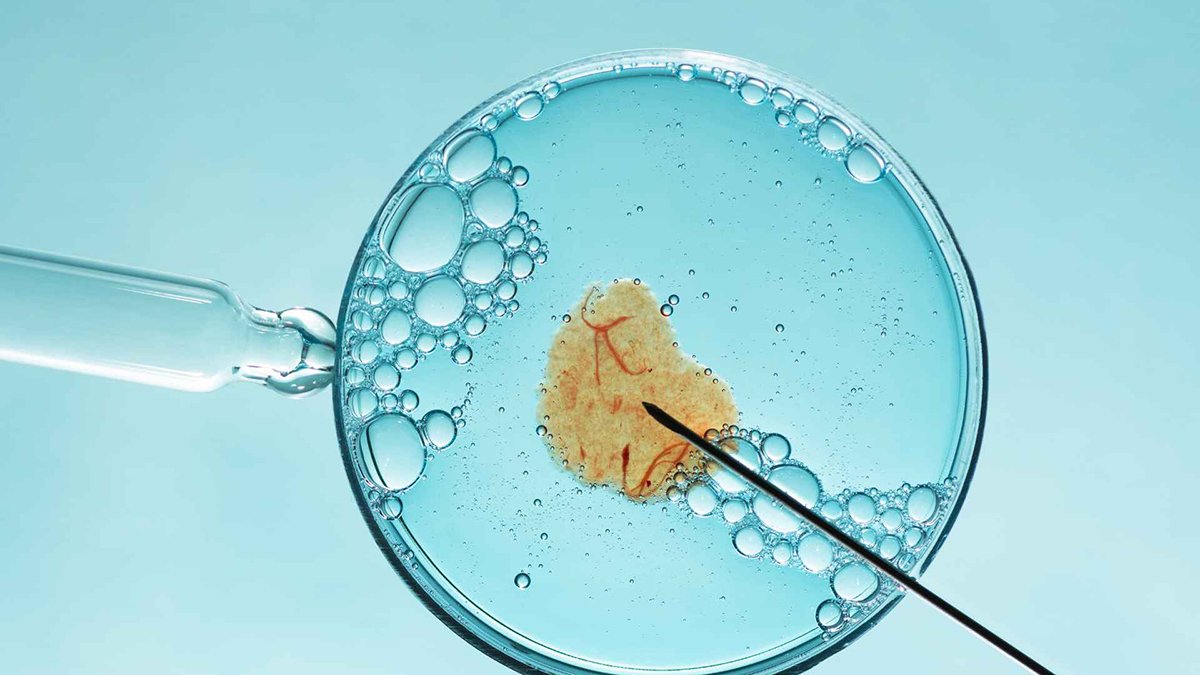Intravacc, a world leading contract development and manufacturing organization (CDMO) of preventive and therapeutic vaccines and the German Center for Neurogenerative Diseases (DZNE), have been awarded a funding of € 2.5 million from the European Union (EIC Transition Grant) to further develop a prototype ALS vaccine, including process development, scale-up and toxicology study. The project aims to develop the vaccine candidate identified at DZNE to the point where it can be clinically tested in humans.
ALS is a fatal neurodegenerative disease that is triggered by protein aggregation in the brain and spinal cord motor neurons that leads to paralysis and ultimately to death. Gene mutations have been identified as triggers for some forms of the disease. About 5-10% of all ALS cases are caused by a mutation in the C9orf72 gene, making it the most common genetic ALS variant. In contrast to most individuals, these patients carry a massively expanded repeat region in an otherwise silent part of this gene. Nevertheless, the research group of Prof. Dr. Dieter Edbauer at DZNE, discovered that these extra sequences are translated into toxic proteins, most abundantly, large chain-like molecules called poly-Glycine-Alanine (poly-GA). These molecules trigger downstream pathology in mouse models, ultimately causing neurons to die.
An Experimental Vaccine
DZNE developed an experimental vaccine that instructs the immune system to produce antibodies against these harmful poly-GA molecules. In a mouse model, this reduces poly-GA aggregates and largely prevents motor deficits. Regular vaccination is required to maintain sufficient antibody levels. In humans, over 2,500 prevalent C9orf72 ALS cases have been reported in the US, and Europe alone. An estimated 9,000 mutation carriers who currently show no symptoms but are at risk to develop disease within 10 years could also benefit from this approach. Similar vaccine concepts could perhaps even help patients that develop a related disease, called frontotemporal dementia.
Prof. Dr. Dieter Edbauer, group leader at DZNE, said:
“Before we can test this approach in ALS patients, we need to establish clinical grade production of our vaccine and do further safety studies. We are grateful that the EU supports this development with the EIC Transition Grant. All in all, we hope that with the help of Intravacc, results from this joint project will advance the broad application of vaccines in debilitating neurodegenerative diseases.”
Dr. Jan Groen, Intravacc’s CEO, said:
“There is an unmet need for effective, disease-modifying therapies to treat ALS patients. The goal of our current project is to develop the vaccine to the point where it can be tested in humans. Clinical trials for C9orf72 ALS, which is the most common genetic variant of ALS, are expected to commence in 2025. Our experience in developing similar conjugate vaccines for infectious diseases will greatly accelerate the preclinical development and support the start of the first ever in human ALS vaccine clinical trial.“



